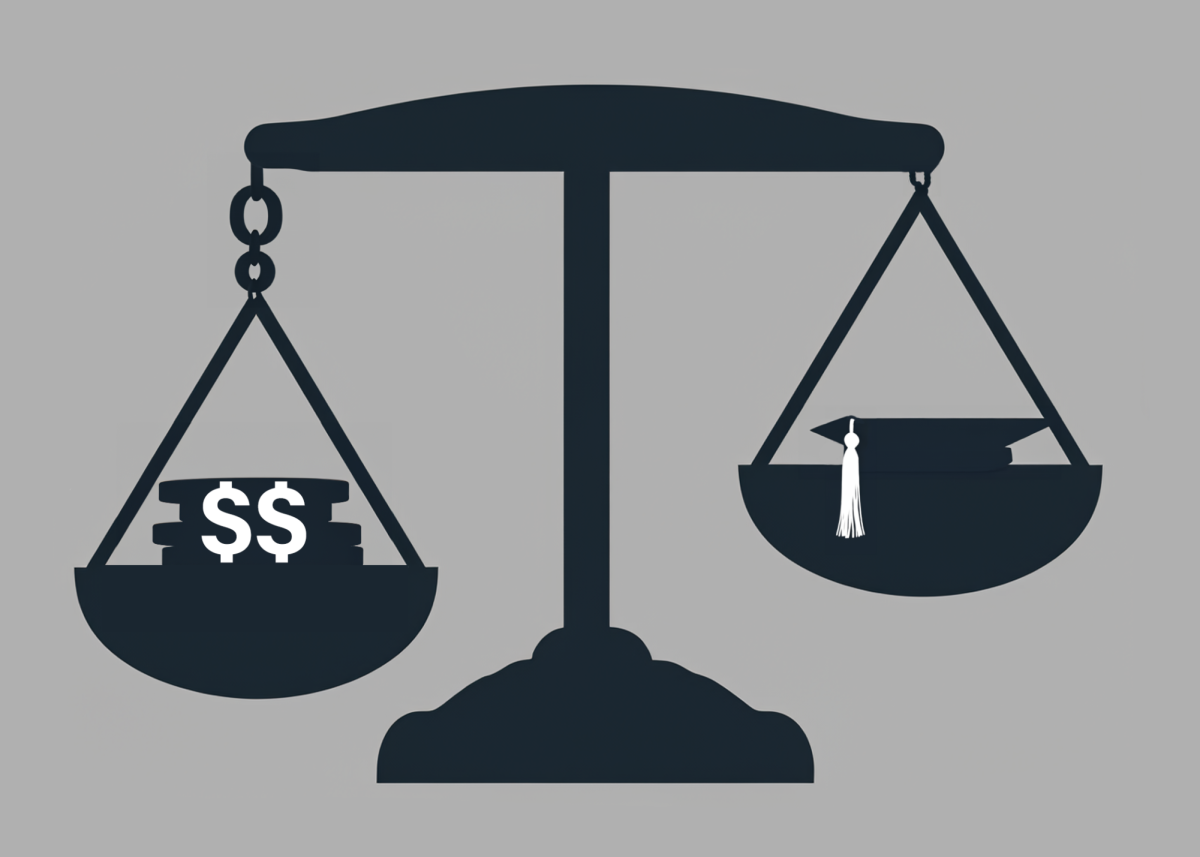By Joe Skoog ’13
THE ROUNDUP
The rise of social networking sites has allowed for a new phenomenon known as “slacktivism.”
“Slacktivism” is a term used to describe the half-hearted attempts at charity or commitment to specific causes in the world that people do by joining Facebook groups.
Take for instance the Facebook group “Saving the Children in Africa.” There are more than 1.2 million members in the group, yet they have only raised around $6,000.
This is equal to about a half of a cent for each person in the group.
Things like this show that people can make unrealistic assumptions that simply being aware of a cause can make it go away.
When this occurs, people become complacent and see world issues as “out there” or disconnected from the world they know.
However, this is not to say that some Internet charity organizations are not successful.
“FreeRice.com,” for example, which is run by the UN Food Program, contributes a grain of rice for every vocabulary word a person correctly answers.
The UN Food Program distributes food to more than 90 million people a year and hopes to eradicate world hunger.
Additionally, the proceeds from advertisements on the website go towards buying and distributing rice in poor countries.
According to the website, the rice that is distributed is enough to feed 7,000 people daily.
One of the reasons this website is successful is because it sets a tangible, realistic goal that does not simply need someone to click a button to reach.
Instead, participants must do certain things, like, in this case, answer questions right.
In an article by Evgeny Morozov for Foreign Policy Magazine, Morozov writes the best way to avoid “slacktivism” is to engage in online charities that are not simple Facebook groups.
“First, make it hard for your supporters to become a slacktivist: don’t give people their identity trophies until they have proved their worth,” Morozov stated. “The merit badge should come as a result of their successful and effective contributions to your campaign rather than precede it.”
Further, “slacktivism” arises when there is no noticeable way for participants to see how their aid is helping others or being used correctly.
Things like Facebook groups for causes create a disconnection between those who help, and the people they are helping.
As G.I. Joe said, “Knowing is half the battle.”
But people fail to realize there is the second part of the battle: action.
It is one thing to become aware of a problem and “like” it.
It is quite another to take steps to fix the problem.
Only through creative uses of the Internet to help causes, such as FreeRice.com, can people truly give up “slacktivism” and truly attempt activism.



























